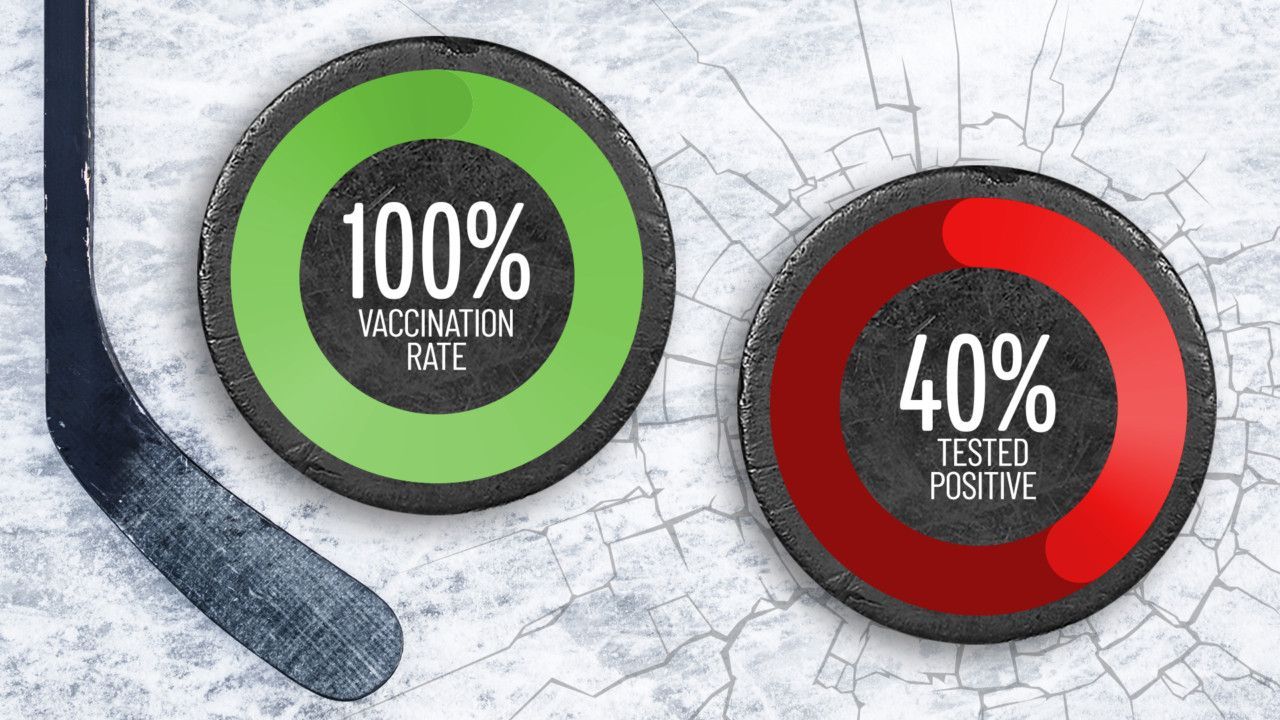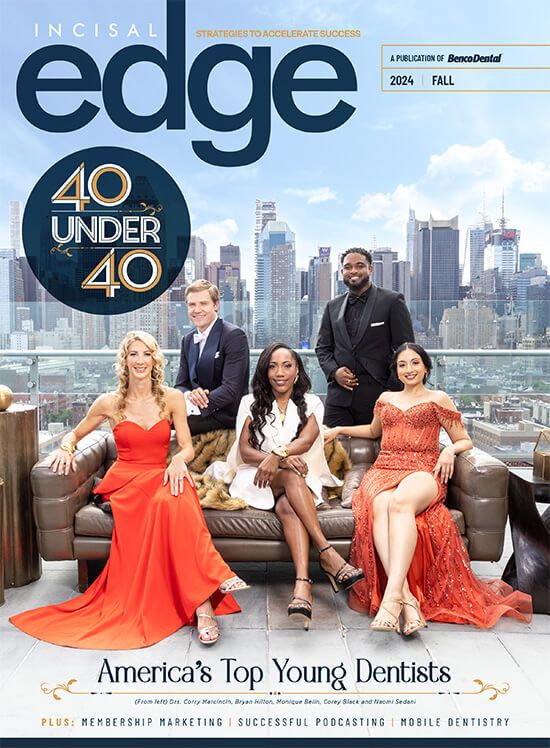In the face of a new string of variants, how can Clinical Laboratory Improvement Amendment waivers, or CLIA waivers, reduce the cost of Covid testing for dental practices?
As America (and the world) transitions from the Covid-19 pandemic to endemic, it will impact how we manage staff and the patients we host in dental practices. Case in point: a recent headline from Nov. 17 revealing that 40 percent of the fully-vaccinated Ottawa Senators hockey team were infected with Covid. Vaccines, in most cases, are preventing serious illness…but not infection…and one major problem with these breakthrough infections is there are often no symptoms.
If these athletes playing a very physically demanding game didn’t even know they had Covid because they had no symptoms, how was it discovered? Simple: TESTING. All players in that league, even those vaccinated, must be tested weekly. As the world seems poised to face a string of new variants, implementing regular testing takes on a new urgency.
Many of your patients (and staff) have diverse risk factors resulting from social habits, variances in masking and differences in use of vaccines. How do we successfully manage this to prevent a repeat of the winter of 2020? Once again: TESTING. Masking and vaccinations alone will reduce the risk of infection, but they will not eliminate it.

A recent headline from Nov. 17 revealed that 40 percent of the fully-vaccinated Ottawa Senators hockey team were infected with Covid.If these athletes playing a very physically demanding game didn’t even know they had Covid because they had no symptoms, how was it discovered? Simple: TESTING. All players in that league, even those vaccinated, must be tested weekly. In the face of new variants, CLIA waivers can reduce the cost of Covid testing for dental practices.
How often to test at the dental practice?
The best antigen tests will be an important tool. Antigen tests are easy to administer, less costly than PCR tests, provide results in less than 15 minutes and are accurate if utilized often.1
But to be effective, there needs to be sufficient virus present in the nasal passages for the test to register. In asymptomatic individuals, particularly those who received a vaccine, serial antigen testing improves sensitivity to 98 percent, which is on par with PCR testing1 and “almost always” detects SARS CoV-2 in its early stages.2
The primary indication for most tests, antigen or PCR, are symptomatic patients. However, as we are learning, many vaccinated patients do not have symptoms. It often takes six days for virus levels to be sufficient, so testing staff members twice per week or every three days1 provides the best chance for detection in asymptomatic individuals.
What makes CLIA waivers effective in reducing the cost of Covid testing for dental practices?
There are very good OTC antigen tests, but they are expensive because the packaging is commonly only two units per box. On the other hand, CLIA waived tests available to the medical market are packaged more economically and contain 25 to 50 units per box. With no pharmacy markup, this allows for a lower cost, up to 40 percent versus OTC packaging.
The FDA specifically established the “waived” category for Point of Care (POC) settings, like your dental office. The cost to apply for a CLIA waiver is low (around $200) and it is good for two years. The application is easy, and so is administration of the test.
Some states have mandated that unvaccinated staff need to be tested two times per week. Therefore, a $6 – $7 in office test would be the most cost effective. Regular staff testing will reduce disruption—and could also be a good marketing tool to communicate the precautions you’re taking for patient safety.”
CLIA waivers for oral cancer testing
As an aside, there is an easy-to-administer, saliva-based oral cancer test that is currently under FDA testing. This test will also require a CLIA waiver. And, in the future, there will likely be other tests developed enabling practices to utilize their CLIA waived status. So, besides helping you enjoy reduced costs for Covid testing today, your CLIA waived status will enable you expand care tomorrow.
2 ways a CLIA waiver can benefit a dental practice
Considering the challenges currently faced with Covid, plus the cost of testing, dental practices should consider getting their CLIA waiver as soon as possible. It will:
- reduce testing costs, allowing practice to implement an effective (and marketable) safety protocol immediately, and
- open the door to other tests in the future that require the waiver.
Please reach out to a Friendly Benco Rep for guidance on how to apply for the CLIA waiver, and be sure to follow the CDC guidelines for CLIA Waiver applications at the following link: www.cms.gov/Regulations-and-Guidance/Legislation/CLIA/How_to_Apply_for_a_CLIA_Certificate_International_Laboratories Source:
1. Abassi, J. (2021). Antigen testing every 3 days is highly sensitive for SARS-CoV-2. JAMA 3216(6):473. doi:10.1001/jama.2021.12621
2. CDC (2021). Interim guidance for antigen testing for SARS-CoV-2. https://www.cdc.gov/coronavirus/2019-ncov/lab/resources/antigen-tests-guidelines.html#anchor_1631294955610

In the face of a new string of variants, how can CLIA waivers reduce the cost of Covid testing for dental practices? A recent headline from Nov. 17 revealed that 40 percent of the fully-vaccinated Ottawa Senators hockey team were infected with Covid. If these athletes playing a very physically demanding game didn’t even know they had Covid because they had no symptoms, how was it discovered? Simple: TESTING. All players in that league, even those vaccinated, must be tested weekly.



